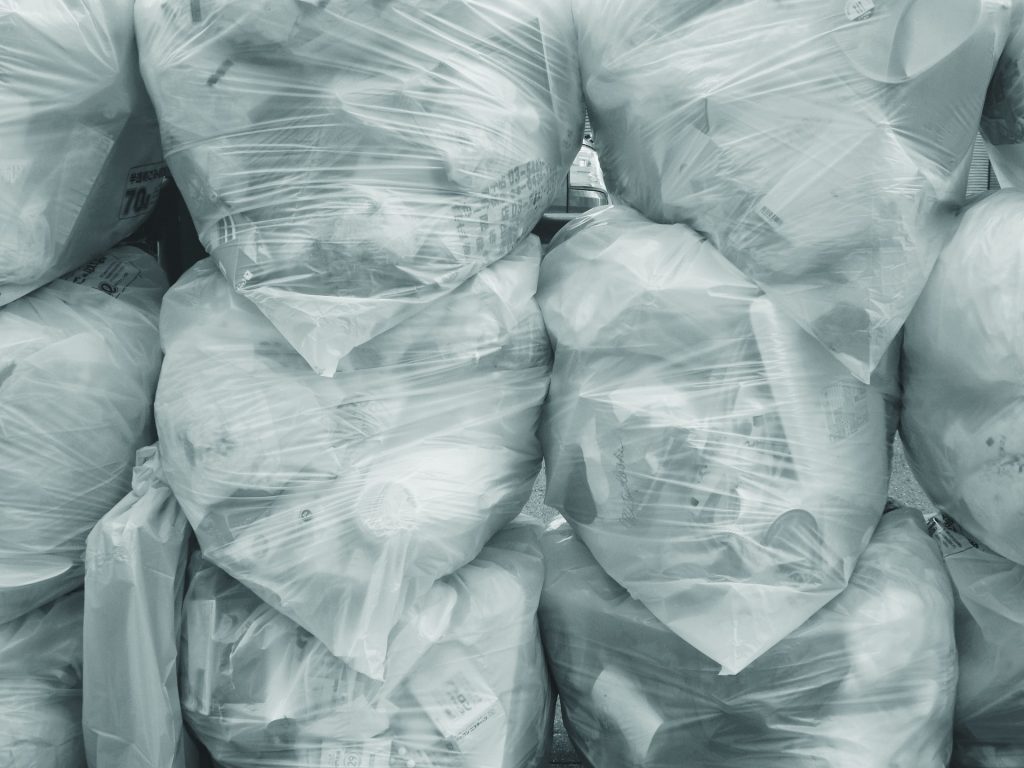In another sign of the UK’s emerging leadership in clean hydrogen, Powerhouse Energy, a pioneer in waste-to-hydrogen technology, has signed an agreement with Hydrogen Utopia to deploy its solution across Europe and potentially globally.
The deal will see the two companies initially collaborate on taking Powerhouse’s Distributed Modular Generation (DMG) technology to countries including Greece, Hungary and Poland.
DMG takes plastic, end-of-life tyres and other waste and turns it into syngas, which can be used to make hydrogen, electricity and chemical inputs. It uses a type of chemical recycling to turn usually unrecyclable plastics into heat, electricity and hydrogen.
For every 40 tonnes of waste (the equivalent of two garbage trucks), it creates 2 tonnes of fuel-cell grade hydrogen, 81 MWh of electricity that can be used in the local grid or privately and heat for community or district heating and cooling.
The syngas is used to power the process, making it a self-sustaining system.
Closer to home, work is progressing on the UK’s first waste-to-hydrogen facility being built by Powerhouse customer Peel Environmental at Protos Energy Park in Cheshire.

For every 40 tonnes of waste (the equivalent of two garbage trucks), Powerhouse Energy will create 2 tonnes of fuel-cell grade hydrogen, 81 MWh of electricity that can be used in the local grid or privately and heat for community or district heating and cooling.
Peel has signed a collaboration agreement with Powerhouse Energy Group to develop 11 waste plastic to hydrogen facilities across the UK over the next few years, with the option of exclusive rights for a total of 70 facilities.
Peel believes it can produce hydrogen using Powerhouse’s DMG technology for £7-8/kg ($9.55-$10.90/kg), although that figure may be higher initially before falling in the subsequent years as the technology is refined.
That compares with between $3/kg and $6.55/kg for green hydrogen, according to the European Commission’s July 2020 hydrogen strategy. Norwegian electrolyzer-maker Nel said in January it aims to produce green hydrogen at $1.50 per kilogram by 2025.
Other companies, mainly in the US, are pursuing waste-to-hydrogen technology. California start-up Ways2H said last year it can turn municipal solid waste (MSW) into hydrogen as well as plastics and hazardous medical waste for an average of about $5/kg, and is aiming to reach $3/kg within five years.
Powerhouse joins a growing ecosystem of UK companies innovating in the hydrogen space, including the likes of Johnson Matthey, Ceres Power, and Ryze Hydrogen, whose technology is powering the future of clean energy.






